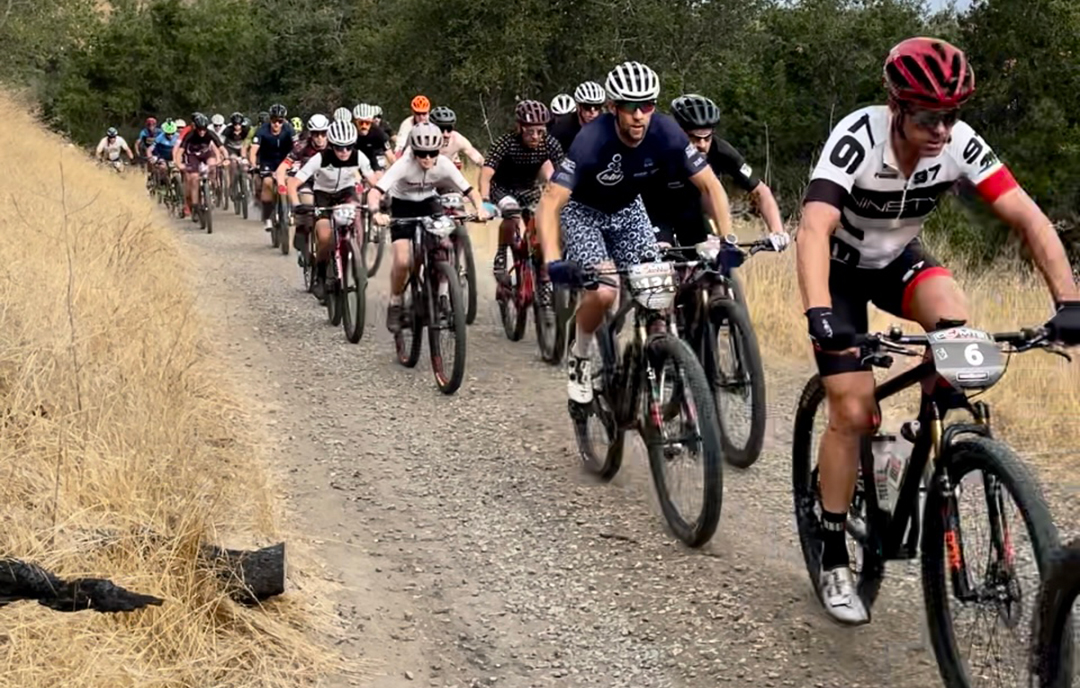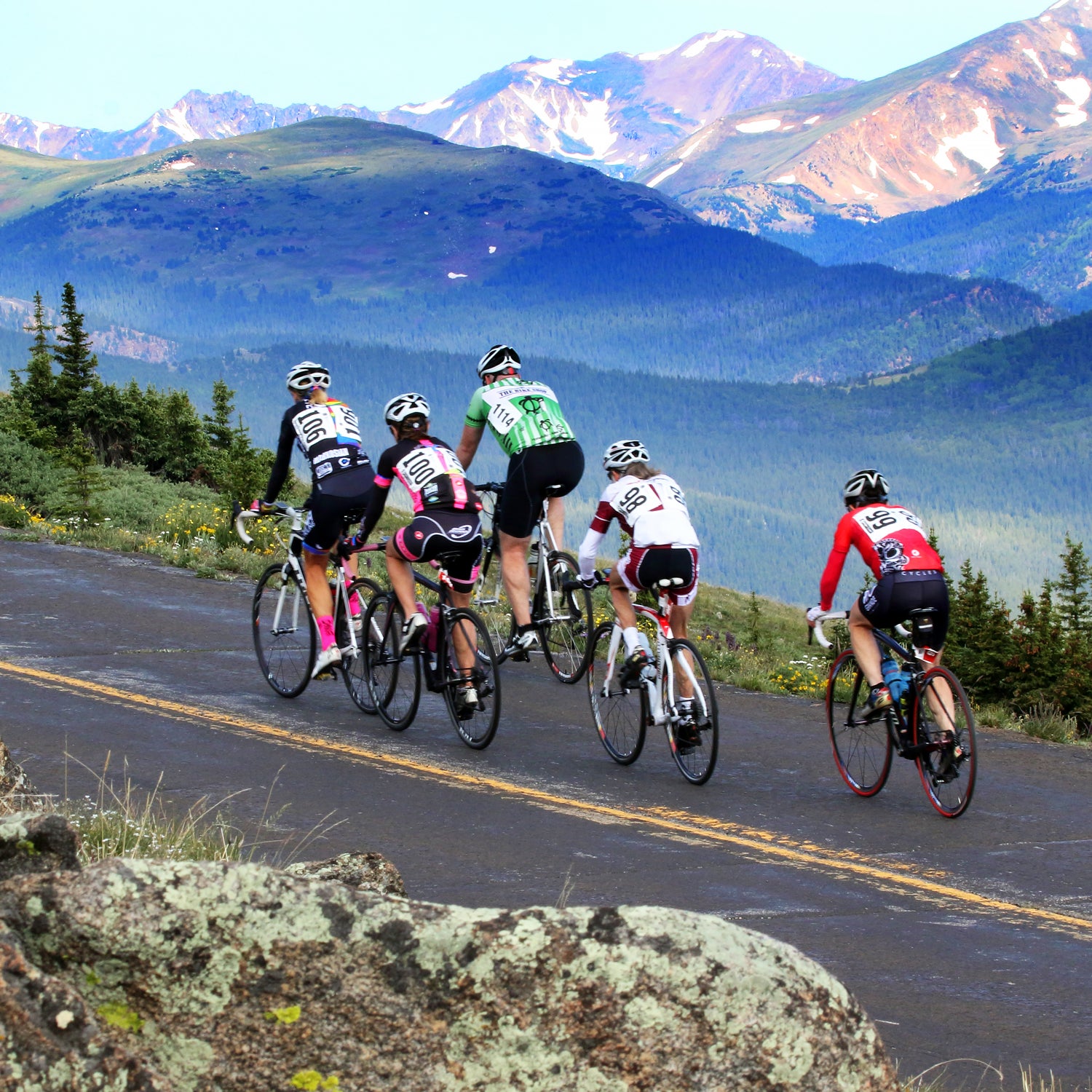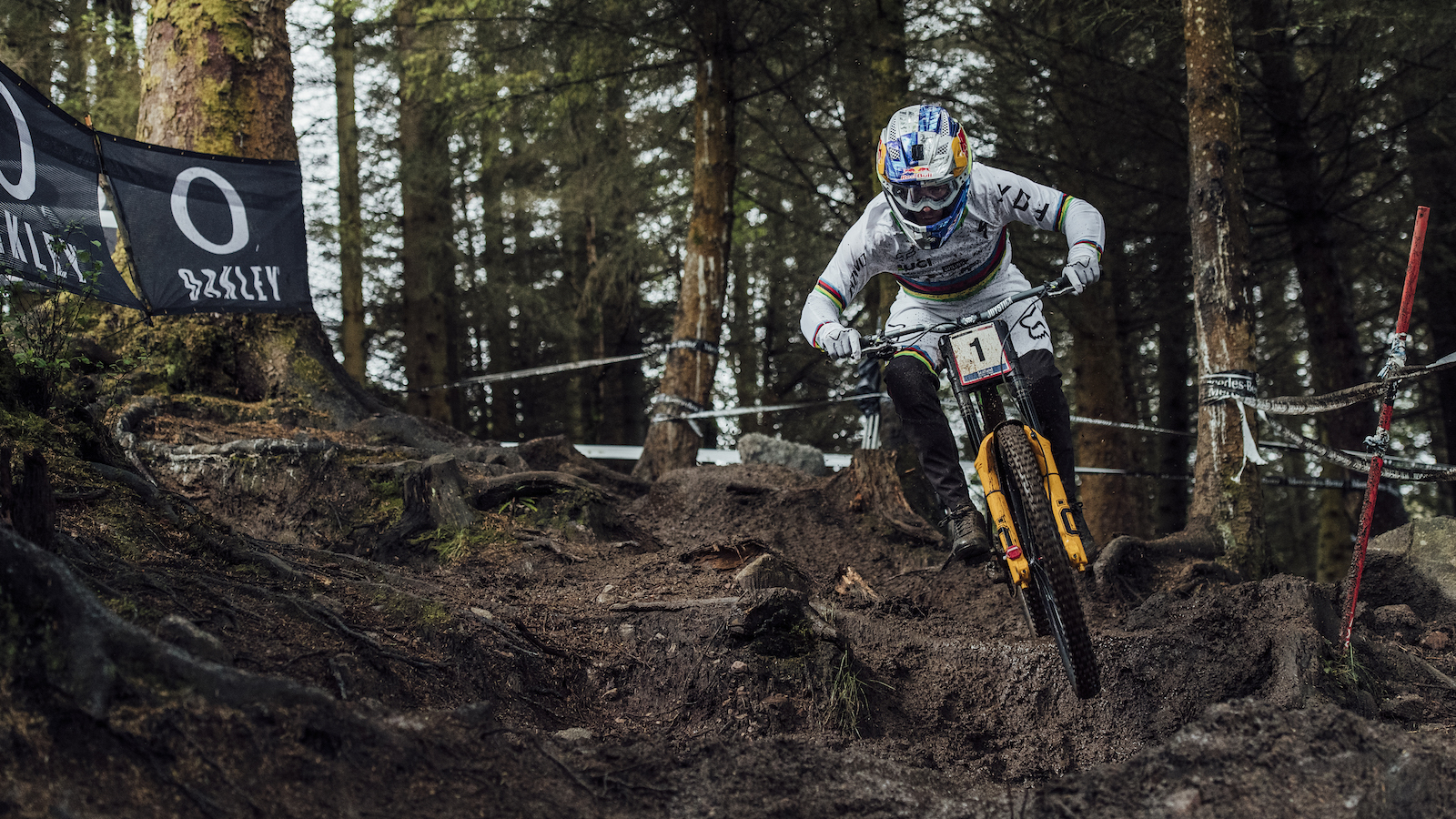Why Mountain Bike Racing is Perfect for Newbies
Mountain bike racing is an exciting and rewarding sport that’s more accessible than you might think. As a beginner, you might assume that mtb races for beginners are few and far between, or that you need to be an expert rider to participate. However, the truth is that mountain bike racing is an inclusive and welcoming community that’s perfect for newbies. One of the biggest benefits of getting involved in mtb races for beginners is the opportunity to improve your fitness and overall health. Regular riding and training can help you build endurance, strength, and agility, making you a more confident and capable rider. Additionally, mountain bike racing provides a unique opportunity to connect with like-minded individuals who share your passion for the sport. Whether you’re looking to make new friends or find a sense of belonging, the mountain bike racing community is a great place to start. And, of course, there’s the personal challenge of pushing yourself to new heights and achieving your goals. Whether you’re looking to complete your first race or set a new personal best, mountain bike racing provides a sense of accomplishment and pride that’s hard to find elsewhere.
Choosing the Right Mountain Bike for Racing
When it comes to mtb races for beginners, having the right bike can make all the difference. With so many options available, selecting a suitable mountain bike for racing can be overwhelming. However, by considering a few key factors, you can find a bike that’s perfect for your needs and budget. First, consider the type of bike you need. Cross-country, enduro, and downhill bikes are all designed for specific types of racing, so it’s essential to choose a bike that’s tailored to your preferred discipline. Next, think about wheel size. While 29-inch wheels are popular for cross-country racing, 27.5-inch wheels are often preferred for enduro and downhill events. Suspension is another critical factor, as it can greatly impact your bike’s performance and comfort. Look for a bike with a suspension system that’s designed for your preferred type of racing. Finally, consider the gearing. A wide-range cassette and a single-chainring setup can provide the perfect combination of speed and simplicity. Popular models like Trek, Specialized, and Giant offer a range of options for beginners, from entry-level hardtails to high-end full-suspension bikes. By doing your research and considering your needs, you can find a mountain bike that’s perfect for your first mtb race for beginners.
How to Prepare for Your First Mountain Bike Race
As a beginner, preparing for your first mtb race for beginners can be a daunting task. However, with a solid training plan, a focus on nutrition, and mental preparation, you can set yourself up for success. Start by creating a training plan that includes a mix of cardio, strength training, and bike-specific exercises. Aim to ride at least three times a week, with one longer ride on the weekends. As you get closer to the race, incorporate interval training and hill repeats to simulate the demands of racing. Nutrition is also critical, as it can greatly impact your performance on race day. Focus on consuming complex carbohydrates, lean proteins, and healthy fats, and make sure to stay hydrated by drinking plenty of water. Mental preparation is also essential, as it can help reduce anxiety and build confidence. Visualize yourself crossing the finish line, focus on positive self-talk, and remind yourself that everyone starts somewhere. Additionally, make sure to get plenty of rest and recovery time, as this will help your body adapt to the demands of training. By following these tips, you’ll be well-prepared for your first mtb race for beginners and set yourself up for a successful and enjoyable experience.
Understanding Mountain Bike Racing Categories and Formats
When it comes to mtb races for beginners, understanding the different categories and formats is crucial for choosing the right type of race for your skills and interests. Cross-country (XC) racing is one of the most popular formats, involving laps of a technical course with a focus on endurance and speed. Enduro racing, on the other hand, involves longer, more challenging courses with a focus on technical skill and physical endurance. Downhill (DH) racing is a high-adrenaline format that involves racing down steep, technical trails, often with jumps and obstacles. Other formats include marathon racing, which involves longer distances, and short track racing, which involves short, intense laps. Within these formats, there are often different categories for different skill levels, such as beginner, sport, and expert. Understanding these categories and formats can help beginners choose a race that’s right for them, and ensure a fun and challenging experience. For example, if you’re new to mtb races for beginners, a cross-country or enduro race may be a good starting point, as they often have more forgiving courses and a more relaxed atmosphere. By understanding the different categories and formats, you can set yourself up for success and enjoy the thrill of mountain bike racing.
Essential Skills for Mountain Bike Racing Beginners
When it comes to mtb races for beginners, having the right skills can make all the difference in terms of performance and safety. Cornering is a critical skill for mountain bike racing, as it allows riders to maintain speed and control through turns. To improve cornering skills, practice leaning the bike into turns, using body weight to shift the bike, and looking where you want to go. Braking is another essential skill, as it allows riders to control their speed and avoid obstacles. Practice using both the front and rear brakes, and learn to modulate braking to maintain control. Climbing is also a fundamental skill for mountain bike racing, as it allows riders to overcome obstacles and maintain momentum. To improve climbing skills, practice standing and seated climbing, and focus on maintaining a steady pace and using efficient gear shifting. Other essential skills for mtb races for beginners include bike handling, obstacle navigation, and endurance. By mastering these skills, beginners can build confidence and improve their performance in mtb races for beginners. Additionally, practicing these skills in a controlled environment, such as a bike park or skills course, can help riders develop muscle memory and improve their overall riding ability.
Mountain Bike Racing Etiquette and Safety Guidelines
When participating in mtb races for beginners, it’s essential to understand the importance of etiquette and safety. On the trail, always yield to other riders, hikers, and horseback riders, and be mindful of your surroundings to avoid collisions. Course markings, such as signs and tape, are in place to guide riders and ensure a safe and fair race. Be sure to follow these markings and avoid taking shortcuts or cutting the course. In the event of an emergency, know the basic first aid procedures and have a plan in place for seeking medical attention if needed. Additionally, always wear appropriate safety gear, including a helmet, gloves, and protective eyewear. It’s also important to respect the environment and other riders, by not littering, not playing music, and not using abusive language. By following these guidelines, beginners can ensure a safe and enjoyable experience in mtb races for beginners. Furthermore, many mtb races for beginners offer safety briefings and guidelines before the race, so be sure to attend these and ask questions if you’re unsure about any aspect of the race. By prioritizing safety and etiquette, riders can focus on enjoying the thrill of mountain bike racing and improving their skills.
Finding and Registering for Your First Mountain Bike Race
Once you’ve decided to take the leap and enter your first mtb race for beginners, the next step is to find and register for an event that suits your skills and interests. Start by searching online for local mountain bike races in your area, using websites such as USA Cycling or the National Mountain Bike Association. You can also check with local bike shops or cycling clubs to see if they know of any upcoming events. When selecting a race, consider the distance, terrain, and technical difficulty to ensure it’s a good fit for your abilities. Be sure to read and understand the race categories, such as beginner, sport, or expert, to ensure you’re entering a race that’s suitable for your skill level. Once you’ve found a race, register online and make sure to follow the instructions carefully, as some races may have specific requirements or deadlines. Additionally, make sure to prepare for race day by arriving early, bringing necessary gear and nutrition, and familiarizing yourself with the course. By doing your research and preparing properly, you’ll be ready to tackle your first mtb race for beginners with confidence and enthusiasm.
Overcoming Fears and Doubts: Mental Preparation for Mountain Bike Racing
For many beginners, the thought of participating in mtb races for beginners can be daunting. Fears of crashing, not being fit enough, or feeling overwhelmed by the competition can hold riders back from experiencing the thrill of mountain bike racing. However, with the right mindset and preparation, these fears can be overcome. Start by focusing on your strengths and accomplishments, rather than your weaknesses. Remind yourself that everyone starts somewhere, and even experienced riders were once beginners. Visualize yourself successfully completing a race, and imagine the sense of pride and accomplishment that comes with it. Additionally, practice relaxation techniques such as deep breathing, positive self-talk, and visualization to help manage nerves and anxiety on race day. It’s also essential to remember that mtb races for beginners are designed to be fun and inclusive, with a supportive community of riders who are eager to help and encourage newcomers. By shifting your focus from fear to excitement, and from doubt to confidence, you’ll be ready to tackle your first mtb race for beginners with enthusiasm and a positive attitude.







